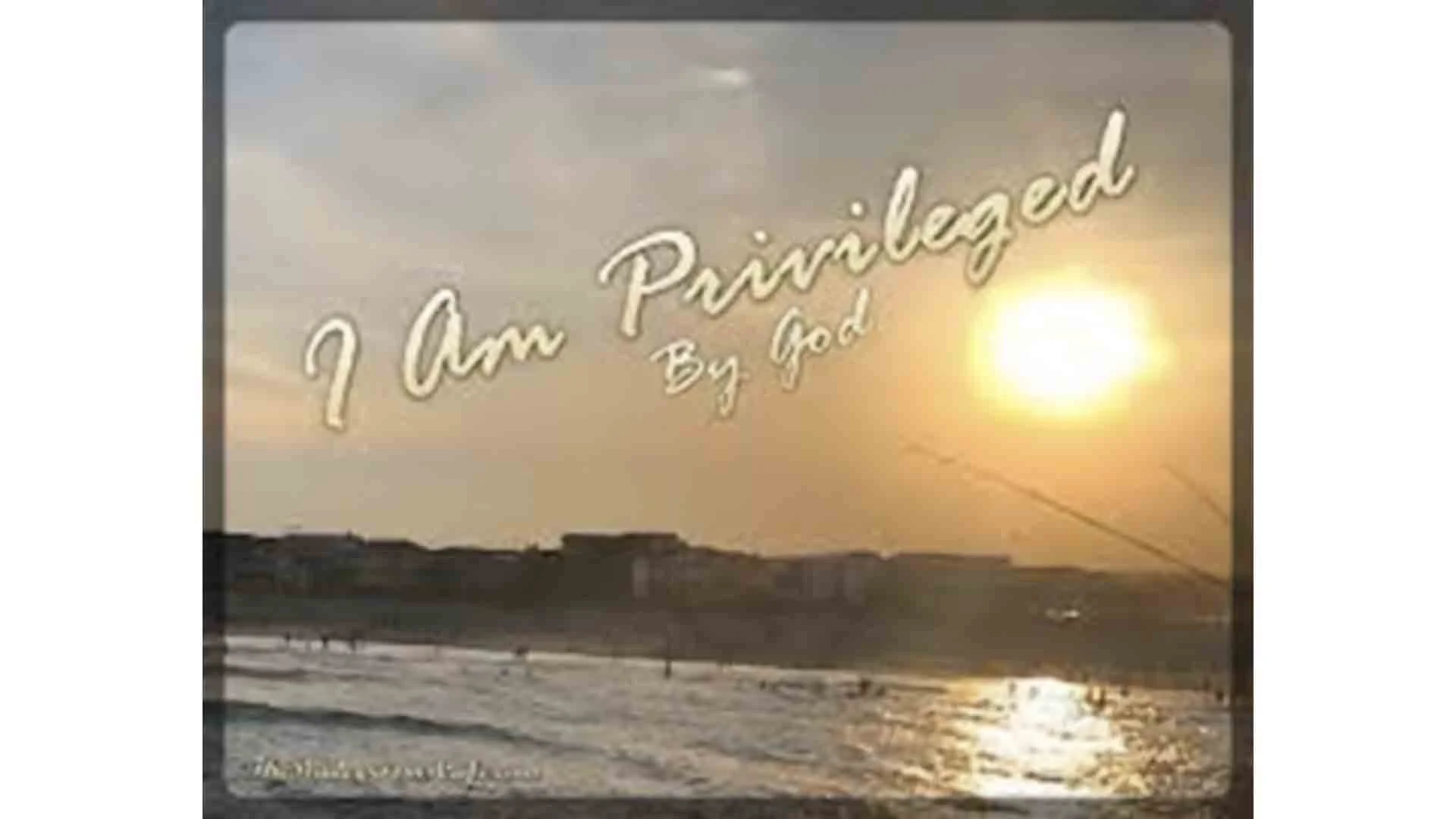For the source text click/tap here: Ketubot 15
To download, click/tap here: PDF
A ketuba is effectively a contract – an agreement between husband and wife. What happens if this document is lost or misplaced? Our Gemara takes for granted that the obligation remains. In the event that death or divorce causes the ketuba to be enforced, then the only question is how much money was guaranteed at the time of the wedding. If the wife brings evidence that she was a betula – a virgin – she will receive the 200 dinar that is appropriate in such a case. Otherwise she will have to settle for 100 dinar, which a widow receives.
The new perek discusses situations as to who is to be believed.
We discuss further ethnographic cases of virginity tests inf VIRGIN RECORDS IN THE EIGHTEENTH-CENTURY ASHKENAZI PROTOCOLS OF AMSTERDAM by Tzila Radecker as well as more recent cases of white sheet testing in India.
Finally we look at Shakespeare’s attitude to virginity in Much ado About Nothing as a window into Elizabethan mores.




















